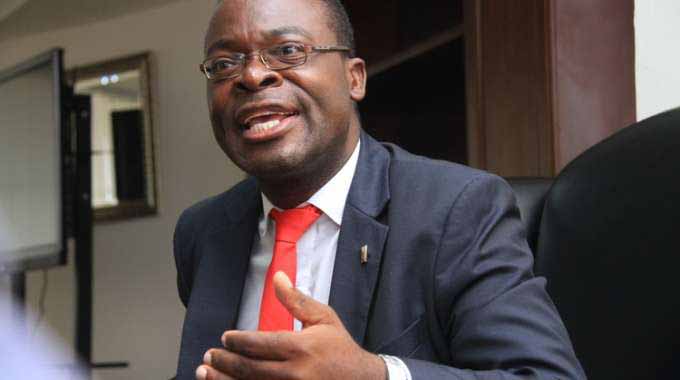EDITORIAL COMMENT : Bringing back order to Zim’s way of life

Younger Zimbabweans may never have had the chance to stand at the bus stop or orderly terminus, waiting for a time-tabled transport system. They have neither used a public phone nor been inside an electric train.
Here is a generation that may have begun to believe that disorder is the Zimbabwean way.
However, things are changing. President Mnangagwa has started the process of bringing back much-needed order back to the Zimbabwean way of life and this is in line with the grand plan of Vision 2030 — to transform Zimbabwe into an upper middle income economy.
The return of Zimbabwe United Passenger Company (Zupco) is only the beginning of better things to come. Zupco, Air Zimbabwe and the National Railways of Zimbabwe are the veins of the Zimbabwean economy.
These three companies need to be revived not only to bring relief to the travelling public, but to facilitate development and Vision 2030.
A functioning mass public transport system has been long overdue.
Many Zimbabweans had given up on the revival of Zupco after decades of having to make do with kombis and pirate taxis.
Being harassed and extorted had become the new normal.
On Tuesday, however, an aura of nostalgia grabbed a number of Zimbabweans who in the 1980s and early ‘90s experienced a functioning Zupco with terminuses, conductors, ticketing points and inspectors. The buses were always on time and did not have to wait to be full as they were well subsidised.
For young adults, this was a new experience and eye-opener. Public transport can be convenient, cheap and decent all at the same time.
The e-ticketing system introduced by Zupco is also a welcome development. In this information age, travelling should not only be made cheap, but as easy as possible.
We commend President Mnangagwa and his Government for the innovation that has restored the dignity of commuters.
Already, prophets of doom have started predicting the death of Zupco which they say, with fares between 50 cents and $1,50 is too cheap, but Government has made it clear that the company is here to stay.
Yesterday, Higher Education, Science and Technology Development Minister Professor Amos Murwira told Parliament that the electronic ticket system will result in the efficient collection of revenue.
“We have developed a tap and go system, an electronic ticketing system. The 50 cents can make the company make huge profits. Most of the high prices that we normally see are as a result of inefficiencies, Zupco is able to make profit even if it charges 30 cents per trip,” said Prof Murwira, who is the acting Minister of Local Government, Public Works and National Housing.
The Zupco intervention in the wake of fuel price increases is part of restrained interventions in line with the Transitional Stabilisation Programme (TSP), Government’s economic blueprint.
Following the Reserve Bank of Zimbabwe’s announcement on the removal of the 1:1 foreign currency exchange rate for the procurement of fuel by oil marketing companies, and the subsequent statement released by the Zimbabwe Energy Regulatory Authority announcing new maximum retail prices of fuel, industrialist Busisa Moyo tweeted: “Running budget surpluses, removing subsidies, returning to authentic market fundamentals with restrained ‘interventions’ is the path of sound economics. A line in the sand on corruption, a forum for economic dialogue, growing production, creating jobs, and social security nets is next.”
Even business is on board and in agreement with Government’s interventions.
Austerity is not an enemy of the people after all.
This was enunciated by Finance and Economic Development Secretary Mr George Guvamatanga when he said: “Any responsible Government, even during austerity measures, should provide safety nets for the vulnerable members of our society. There is no austerity without social safety net. It will be a very irresponsible for Government not to have social safety nets.”










Comments